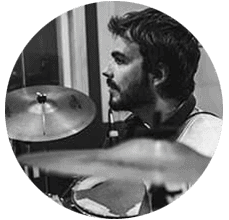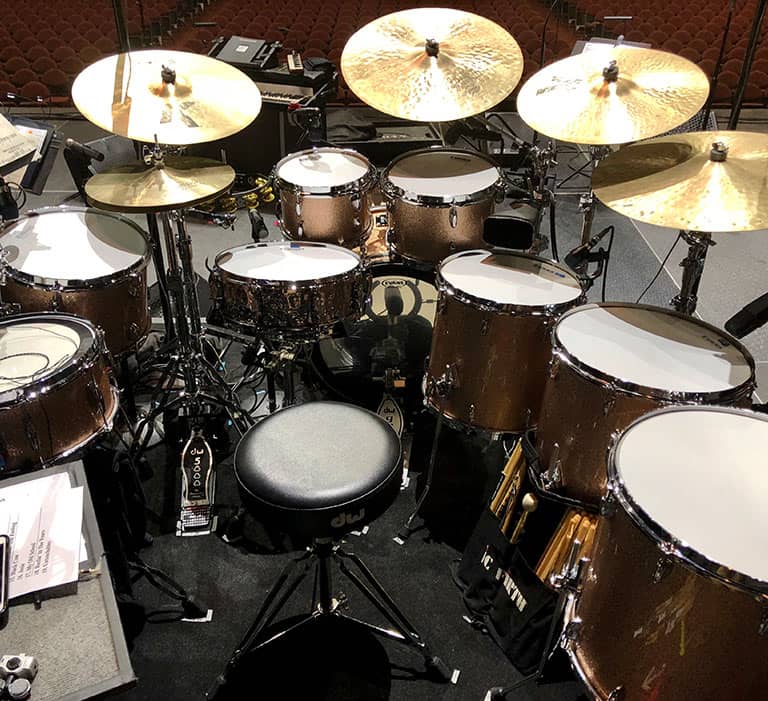What makes a great drummer?
A great drummer demonstrates impeccable timekeeping, rhythm and coordination, an understanding of drum patterns and fills, and mastery of essential techniques. In addition, they exhibit musicality, adaptability, passion, drive, and a unique playing style.
Who are some influential drummers worth studying?
Some iconic drummers include John Bonham of Led Zeppelin, Ringo Starr of The Beatles, and Neil Peart of Rush. Modern inspirations include Dave Grohl of Nirvana and Foo Fighters, and Travis Barker of Blink-182.
What are the essentials for practicing drumming?
Practicing regularly, accepting constructive criticism, and collaborating with other musicians are all key to expanding your drumming skills. Regular practice with rudiments and timing exercises is fundamental to building strong technical abilities.
What gear and equipment are necessary for drumming?
A basic drum kit including a snare drum, bass drum, hi-hat, and at least one tom is essential, along with various cymbals. Other crucial gear includes drumsticks, hardware like stands and pedals, and isolating headphones or in-ear monitors for clear sound during practice or performances.
How can I improve my drum solos and improvisation skills?
Regular practice, actively listening to various drummers and genres, and building a mix of techniques, including orchestrations and mastering linear patterns, will enhance your drum solos and improvisation skills.




